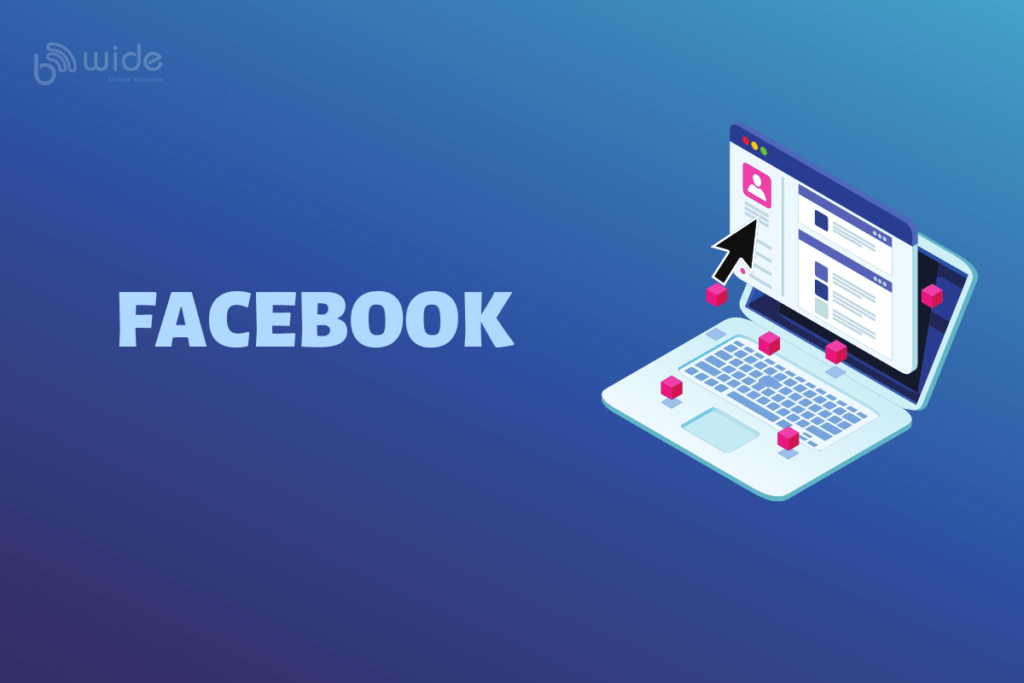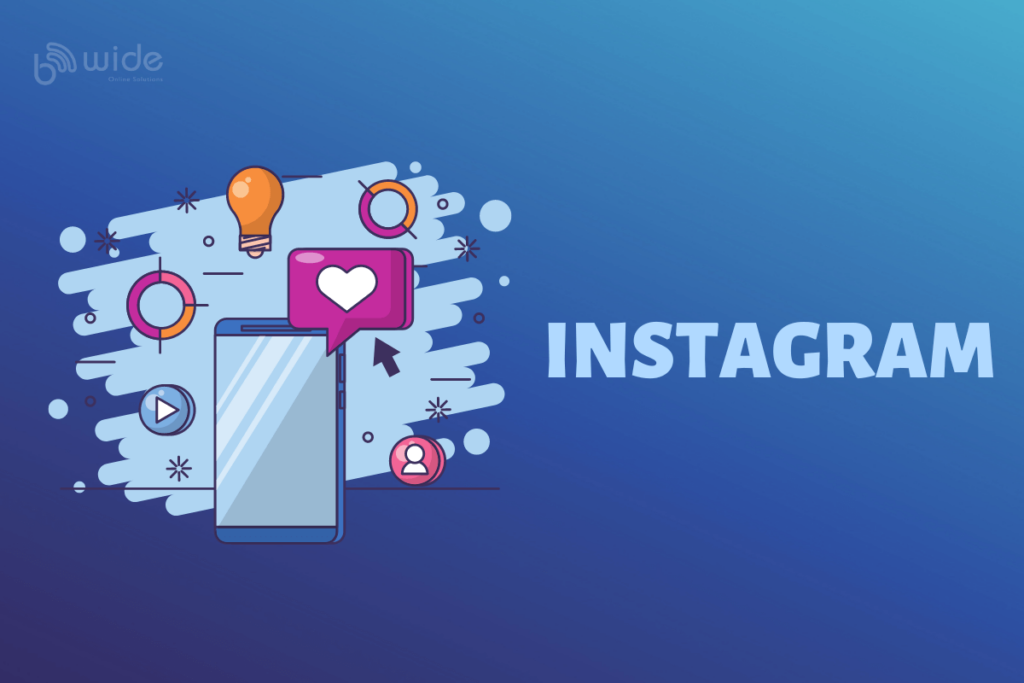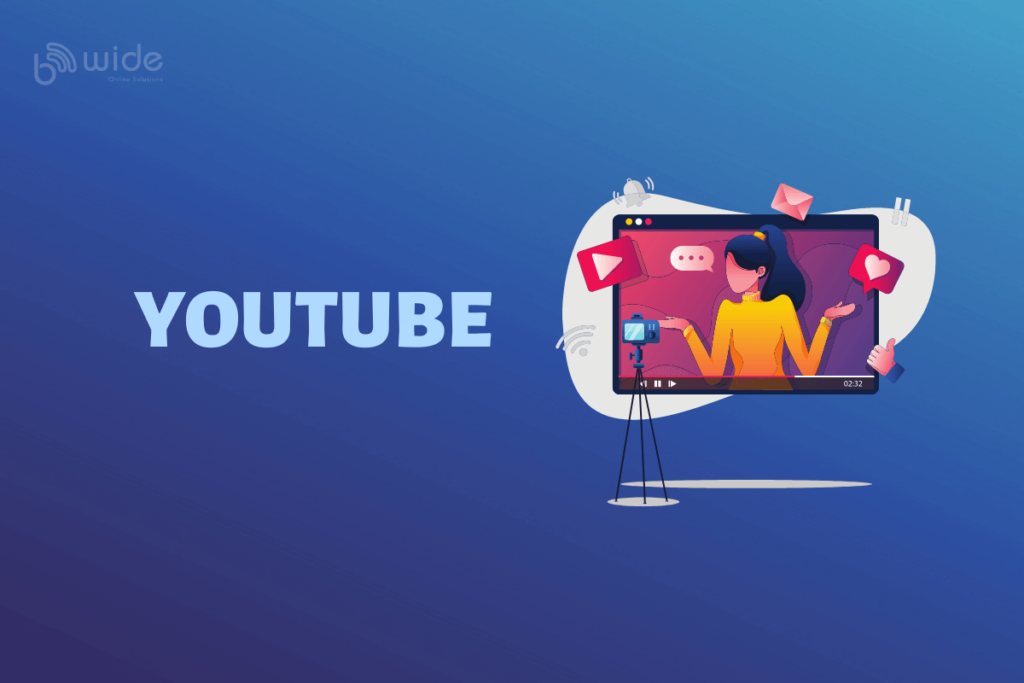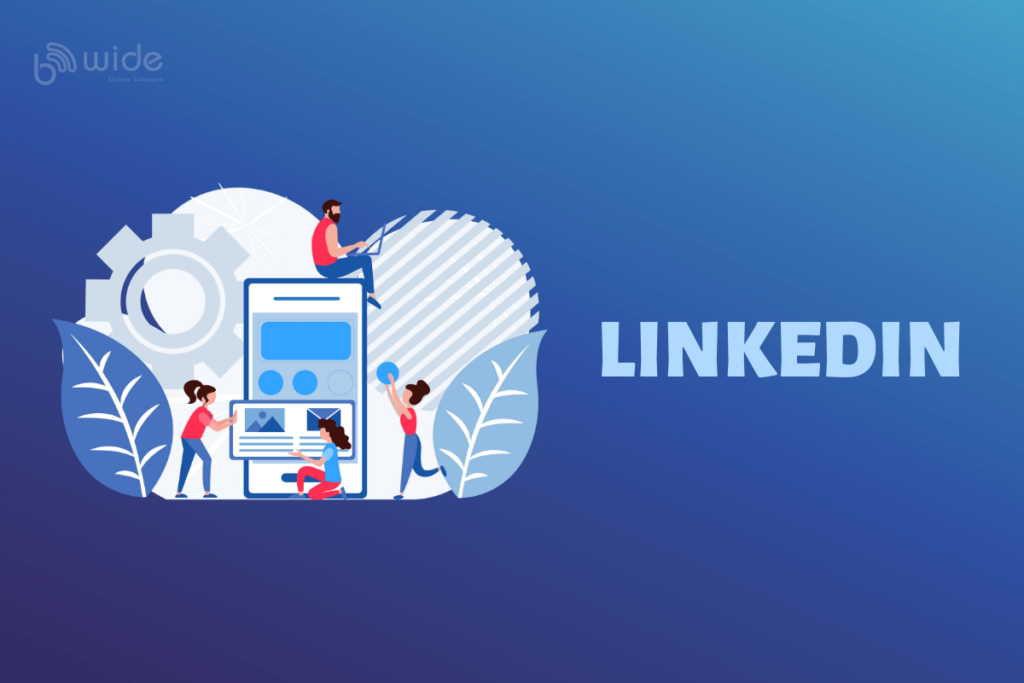Social media has transformed into a vast and dynamic field, where social media advertising has become an indispensable tool for reaching and engaging target audiences. Let's explore in-depth social media advertising strategies specific to...
How to Advertise on Social Media? Everything You Need to Know to Succeed
Facebook is a vast universe, where billions of users connect daily, so for companies, advertising on Facebook has become an indispensable tool for reaching specific audiences and driving growth. In this guide we will reveal the secrets to creating effective advertising campaigns that maximize the potential of this platform.
1. Understand Your Audience: The Key to Segmentation
-
Demographics and Interests:
Before creating any ad, it is essential to understand who you are targeting. Therefore, use Facebook's advanced targeting options to define the demographic characteristics, interests and behaviors of your target audience, as the more accurate your audience profile is, the more effective your campaign will be.
-
Customize Segmentation:
Explore personalized segmentation tools, such as email lists and retargeting, as this allows you to reach audiences who have already shown interest in your brand, increasing the likelihood of conversion.
2. Create Visually Captivating Content
-
High Quality Images and Videos:
Facebook is a visual platform so the quality of the content is crucial, so invest in attractive images and videos that represent authenticity and resonate with your audience. Regardless, make sure the content is relevant to your message and campaign goals.
Use the carousel format to tell engaging visual stories and showcase different aspects of your products or services.
3. Persuasive Calls to Action: Guiding the User Journey
-
Choose the Appropriate CTA:
Calls to Action (CTAs) are crucial elements, so choose clear and persuasive CTAs that guide users to the desired action. Options like “Buy Now”, “Subscribe” or “Know more” are direct and effective, however, test different CTAs to find out which resonates best with your audience.
4. Take advantage of advanced Facebook Ads features
-
Pixel do Facebook:
Implement the Pixel do Facebook on your website to track visitor actions, as this tool provides valuable data for optimizing campaigns, effective retargeting and understanding user behavior.
-
Dynamic Ads:
Use dynamic ads to automatically show relevant products to users who have visited your site. As a result of this personalized approach, the likelihood of conversion increases.
5. Constantly Analyze and Adjust
-
Reports from Facebook Ads:
Use the integrated reports of Facebook Ads to analyze the performance of your campaigns and evaluate metrics such as click-through rate, cost per click (CPC) and conversions to understand the real impact.
Instagram is more than a photo-sharing platform, it has become a breeding ground for effective advertising. In this guide, we'll explore the essential strategies for creating impactful advertising campaigns on Instagram, leveraging the visual power and emotional connection that the platform offers.
1. Understanding Instagram Visual Aesthetics
-
Personalize Your Feed:
Instagram is known for its unique visual aesthetic. Before you start, align your content with your audience's style and maintain a consistent visual identity to strengthen brand recognition.
2. Instagram Stories
-
Tell Engaging Stories:
Stories offer a unique opportunity to create ephemeral and authentic content, so use this feature to share temporary promotions, behind-the-scenes or interactive polls, as authenticity is the key to success in Stories.
-
Highlight Your Products:
Leverage Stories highlights to create specific categories, highlighting products, customer testimonials or important events, as this gives visitors a comprehensive view of what your brand offers.
3. Relevant Hashtag Strategies
-
Search and Use Popular Hashtags:
Hashtags are an essential language on Instagram. For this reason, research and use popular hashtags related to your niche to expand the reach of your ads and balance it with specific hashtags to reach a more targeted audience.
-
Create Your Own Branded Hashtag:
Encourage followers to use a unique hashtag related to your brand as this not only increases visibility but also creates a community around your brand.
4. Develop Interactive and Engaging Content
-
Polls and Questions in Stories:
Interactivity is a vital component on Instagram, so use polls and question boxes in Stories to engage your followers, as this not only increases engagement but also provides valuable insights.
5. Invest in Ads in Feed and Explore
-
Carousel and Video Ads:
Within the feed, use carousel ads to present multiple products or benefits in a single post. In addition to carousels, video ads have high engagement potential and offer the opportunity to tell a visual story.
6. Measurement and Continuous Optimization
-
Analyze Performance Metrics:
Utilize as Instagram analytics tools to evaluate the performance of your ads and track metrics such as impressions, clicks and interactions to understand the real impact.
YouTube offers fertile ground for effective advertising strategies. In this guide, we'll explore step-by-step how to create engaging YouTube ad campaigns, leveraging the power of video to reach and win over your target audience.
1. Impactful Video Ads:
-
Capturing Attention in the First Seconds:
The first few seconds of a YouTube ad are crucial, so make sure you capture the viewer's attention right away. It must also present an engaging hook, arousing curiosity and encouraging continued viewing.
-
Engaging Narratives:
Telling a story is a powerful way to connect emotionally, so structure your video as an engaging narrative highlighting the benefits of your product or service. Above all, make the viewer experience memorable.
2. Keyword Optimization:
-
Keyword Research and Use
YouTube is the second largest search engine in the world, so you should search for keywords relevant to your niche. Incorporate them into your video's title, description and tags and, consequently, your ad's visibility will increase.
3. Precise Audience Targeting: Reaching the Right Ones
-
Demographic Segmentation:
Use YouTube's demographic targeting options to target your ads based on age, gender and location, as this ensures your content is relevant to the right audience.
-
Remarketing Inteligente:
Leverage the power of remarketing to target users who have already interacted with your channel or previous videos, as this aims to increase the likelihood of conversion as you are reaching an audience that has already shown interest.
4. Collaborations and Partnerships: Expanding Your Audience
-
Partnerships with Content Creators:
Collaborating with popular content creators on YouTube can significantly expand your audience, so you should choose collaborators whose target audience aligns with yours and leverage their credibility and influence.
5. Analytics and Constant Adjustments
-
Use of YouTube Analytics:
Take advantage of YouTube analytics tools to measure the performance of your ads and monitor metrics like view rate, viewer retention, and clicks to understand true effectiveness.
-
Continuous Testing and Optimization:
YouTube offers the option of A/B testing, that is, tests where two options are compared, so try different creatives, calls to action and also segmentations, and learn from the results and constantly optimize your campaigns to improve performance .
LinkedIn offers unique opportunities for B2B advertising. In this guide, we'll explore essential strategies for creating effective advertising campaigns on this platform, focused on building strong professional relationships and driving business success.
1. B2B Segmentation: Targeting the Right Professionals
-
Segmentation by Position and Industry:
LinkedIn's strength lies in its ability to target ads based on specific roles, sectors and companies, so use these options to target your content exclusively to professionals relevant to your business.
-
Use Deep Information Fields:
Explore the detailed information found in LinkedIn profiles and filter your targeting based on specific characteristics, such as skills, interest groups and seniority.
2. Professional and Informative Content
-
Text Ads and Sponsored Content:
On LinkedIn, simplicity is often powerful. Therefore, text ads and sponsored content allow you to share clear, informative messages directly to users' feeds.
-
Sponsored Articles:
Take advantage of the articles section to share more in-depth content and write informative, relevant articles that demonstrate your company's expertise and offer valuable insights for professionals in your industry.
3. Promotion of Events and Webinars
-
Event Announcements:
LinkedIn is a powerful platform for promoting corporate events and webinars, so create specific ads to increase participation and direct interested professionals directly to your activities.
-
Highlight Benefits and Participants:
When promoting events, highlight the clear benefits of participation and, if possible, mention influential attendees or speakers, as this adds credibility and encourages attendance.
4. User Generated Content: Building Trust
-
Recommendations and Reviews:
Encourage employees and customers to leave recommendations and reviews on your profile. In this way, user-generated content will build trust and credibility, which are fundamental in the professional environment on LinkedIn.
-
Sharing Customer Experiences:
Highlight customer success stories through posts and ads, as LinkedIn is a platform where positive experiences can have a significant impact.
5. Company Segmentation: Targeting Large Accounts
-
Account Targeting:
For B2B businesses, account targeting is a valuable tool, so aim specific ads at target companies. Simultaneously personalize your message according to each prospect's unique needs.
-
Customize Messages for Specific Businesses:
Tailor your messaging to address the specific challenges faced by target businesses, as personalization increases the relevance and impact of your ads.
6. Analytics and Continuous Optimization
-
Use of LinkedIn Analytics:
Take advantage of LinkedIn analytics tools to evaluate the performance of your ads and track metrics like impressions, clicks and conversions to understand the real impact.
Our Conclusion on Social Media Advertising
In conclusion, we explored advertising strategies on the main social networks – Facebook, Instagram, YouTube e LinkedIn – highlighting the importance of customization for each platform. In short, at Facebook, we focus on audience understanding and budget efficiency. On Instagram, we emphasize visual storytelling and the strategic use of hashtags.
For YouTube, we dive into the power of video, optimizing keywords and analyzing data. Lastly, at LinkedIn, we delve deeper into the B2B landscape, targeting with precision and building trust with professional content.
The conclusion on how to advertise on social media is clear: success on social media requires constant adaptation, meticulous analysis of metrics and taking advantage of the particularities of each platform. In this dynamism, brands can build engaging and effective digital presences. Don't know how to start?! Let us help with yours digital marketing on the social networks.







